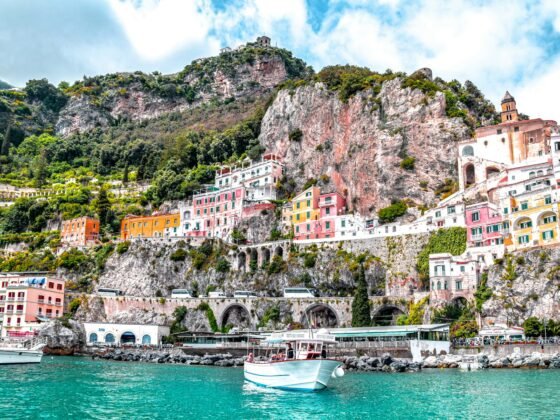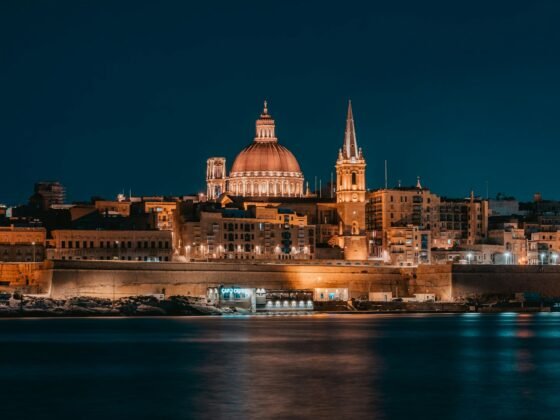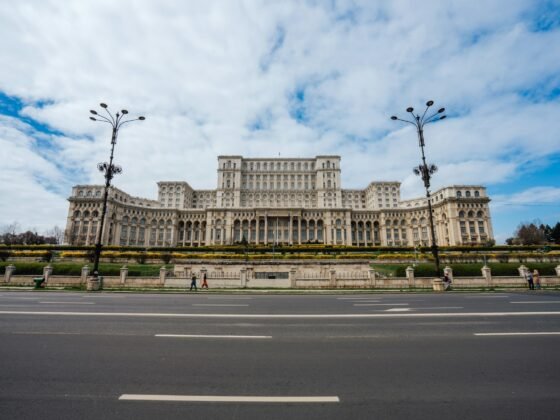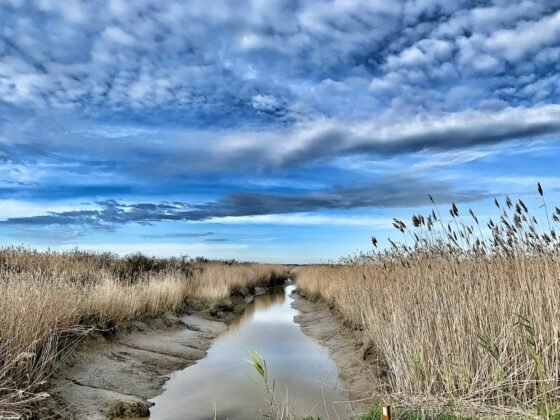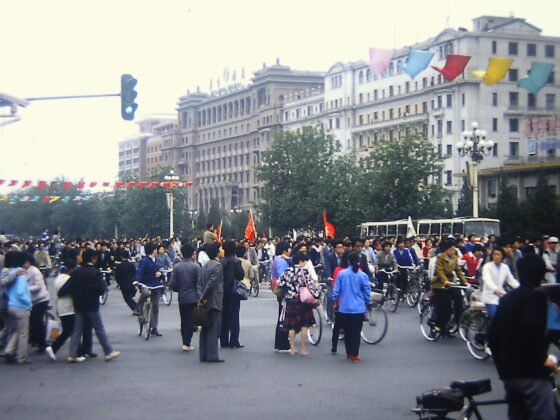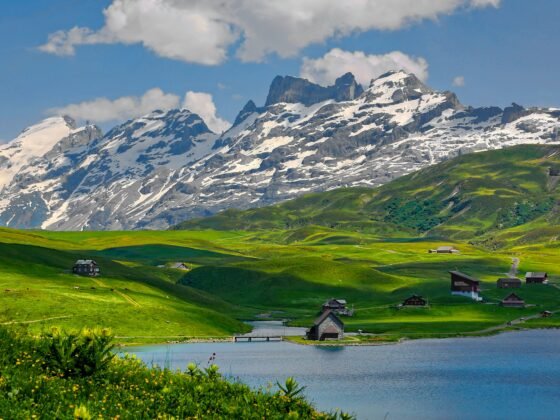Protests had stalled our journey from Cusco to Lima. After dropping out of altitude overnight we inexplicably stopped outside the sandboarding town of Ica. We puttered into the arid town of Pisco, ten hours from Lima.
Rumours abounded as to the cause and consequences of the hold up: the blockades could last for days; if the protestors hadn’t moved by nightfall, the Peruvian army would intervene; people on buses were banding together and paying off the protestors to allow them passage through a blockade. We passed the day eating snacks sold by ecstatic shop vendors and searching for shade on the brick-hard embankments flanking the highway.
Then, as daylight began to wane, people hurried to their vehicles, bus drivers stood from the small chairs they had removed from the buses as though they had expected such an event. We were moving.
Minutes after restarting, there were a few loud thumps and yelps from the opposite side of the bus to which I was sitting. As I sat up, realising something was amiss, a window exploded inward and a rock the size of a man’s fists narrowly missed the bald head of a man opposite me. The uniformed stewardess burst through door to the driver’s cabin and ordered everyone to get down: “Abajo! Abajo!" The battery of rocks continued. Another window became spidered glass, then another rock destroyed it completely.
The driver had speeded up. The bus swerved on the poorly-tarmacked road and bounded down the road for another mile before the driver was forced to stop at the tail of the stalled traffic. Everyone checked on one another’s well-being. People picked glass from their hair and the religious contingent crossed themselves. The bus driver kicked in the remnants of glass. Travellers took photographs of the damage, while the man whose head the rock had narrowly missed looked at it in amazement before placing it into his rucksack. “A memento,” he told me.
We spent the night in that spot. I could hear a stream close to the road, the road that was the only route to Lima, a vital goods link between Peru’s most-prominent cities. The curtains billowed inward through the night.
Morning came. Against the pleads of our stewardess, the exodus began. The Peruvian body of our bus were the first to begin walking. The other travellers and I followed. We passed burnt tires, tree branches dragged onto the road and hundred-metre long stretches of road covered in rocks. This couldn’t be the blockade? The road was otherwise empty. People walked through the patchwork of debris on the road, downcast and miserable. Occasionally a motorbike, nimble enough to wind through the rubble, would barrel past.
Exhausted, hungry and nervous, we walked 10km. We rested and bought some Oreos and bottled water for breakfast at a small roadside store. A young Canadian girl, myself, and a cowboy hat-wearing Peruvian preacher took a tuk-tuk driven by an enterprising Peruvian youth to the periphery of the ‘real’ blockade.
Perhaps five-hundred enraged cotton farmers were creating a vociferous uproar. They were burning tyres and adding rocks and branches to their shoulder-height blockade that intersected the road. Peruvian police officers were sat on a nearby wall, smoking and reading newspapers, their gunsat their feet. Intensly aware that everything I owned was in a bulging green backpack almost as long as my six-foot frame, I kept my camera in my pocket and my head down. But these serious, embittered men were indifferent to me. They chanted and punched signs skyward, toward the plumes of smoke. They continued to build-up their blockade while listening to an enraged man preach to them from atop the bonnet of a pickup truck, his arms raised in defiance, his hoarse voice enlarged through a megaphone. We walked quickly, the indignant Spanish of the powerful orator gradually diminishing.
Five-hundred metres away we took a taxi the town of Chinca where we believed we could board a bus to Lima. Hundreds of people were crowding the bus terminal, dementedly attempting to find passage to Lima. We managed to secure an extortionately-priced journey in a minibus. The twelve-seated vehicle was soon filled with twenty people. For two hours we were cramped in the bus before being dumped miles from where we had been promised. After another taxi ride, I finally reached Miraflores, an affluent barrio atop the cliffs of Lima, fifty hour after beginning my twenty hour journey.
S Darvell


